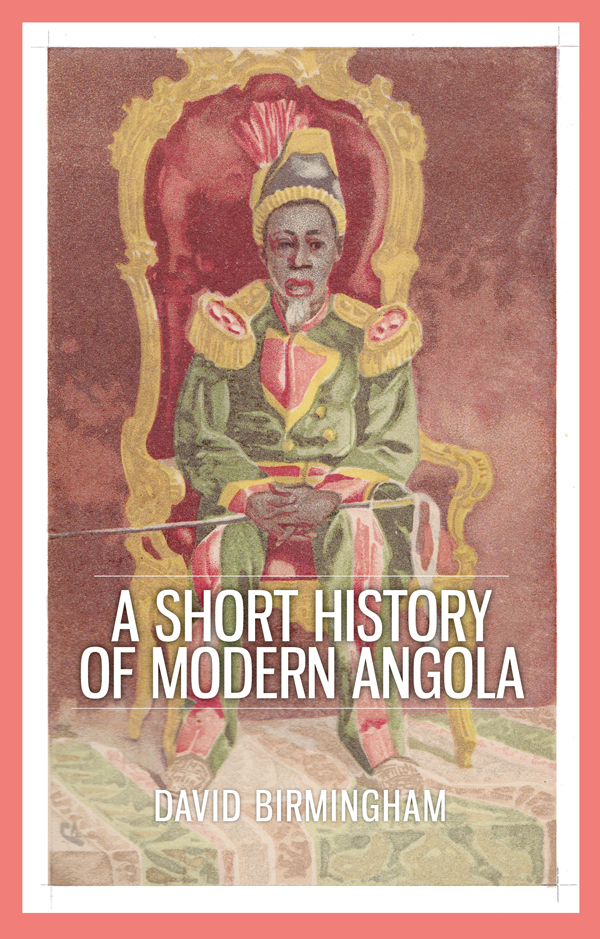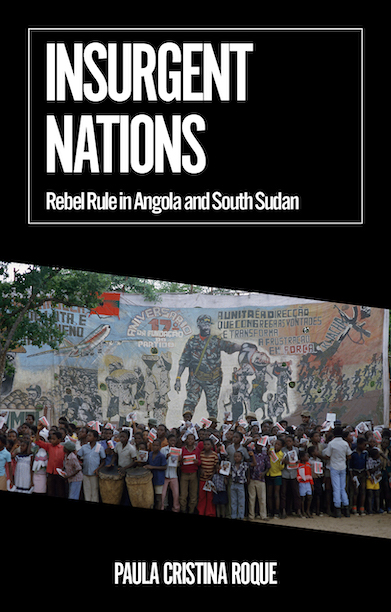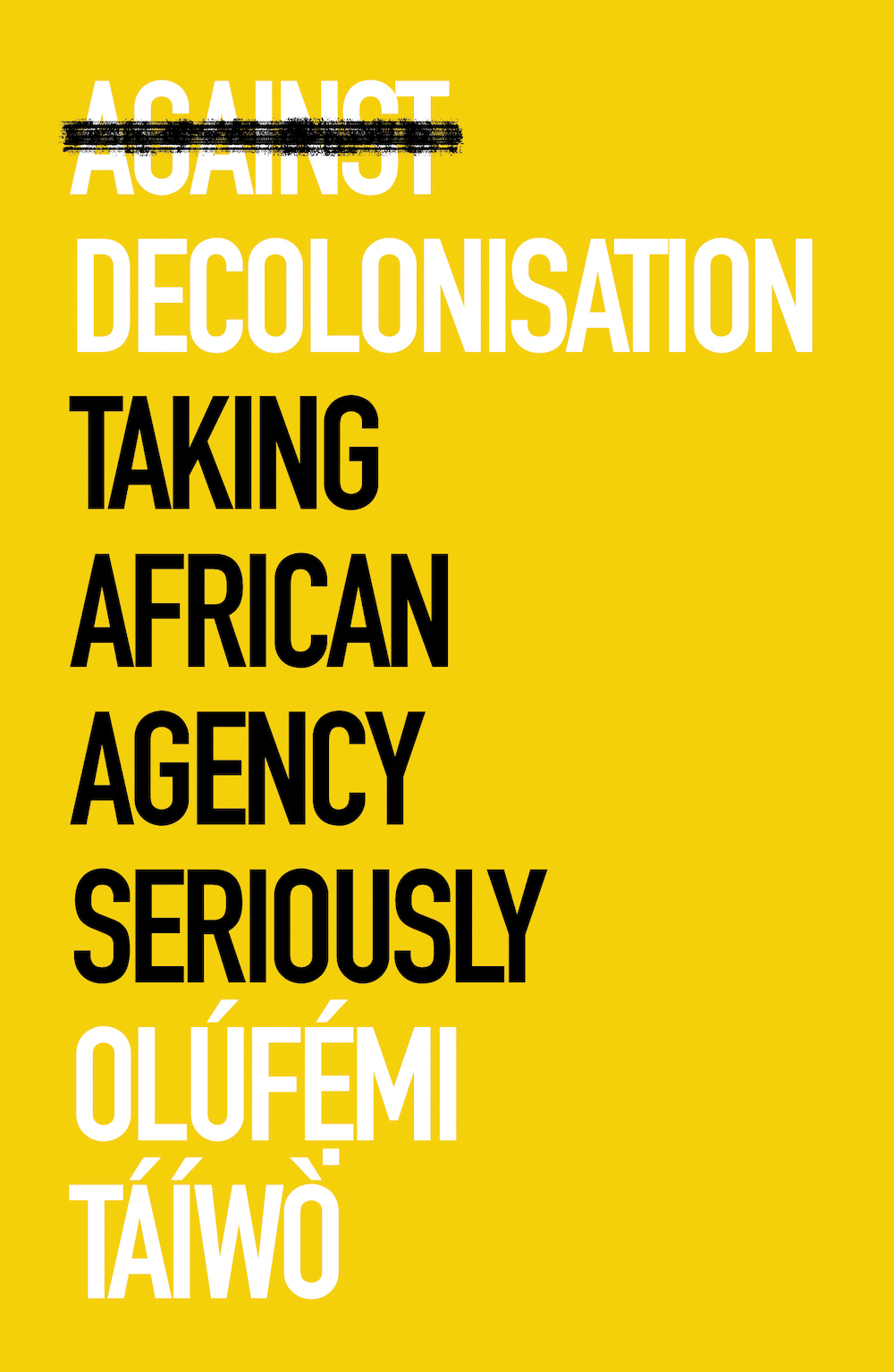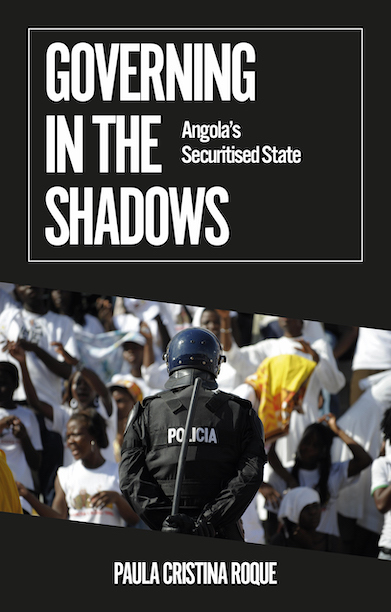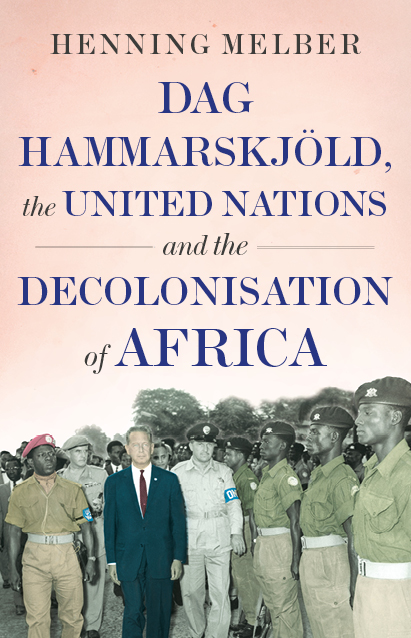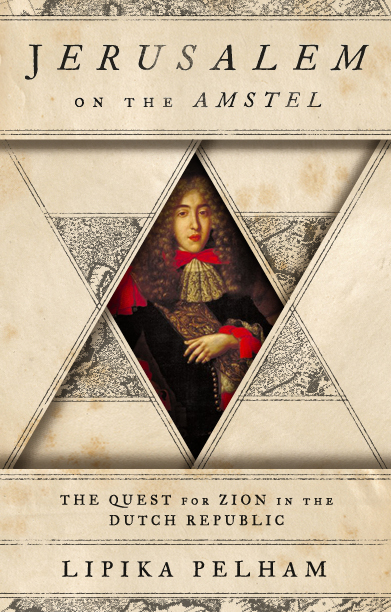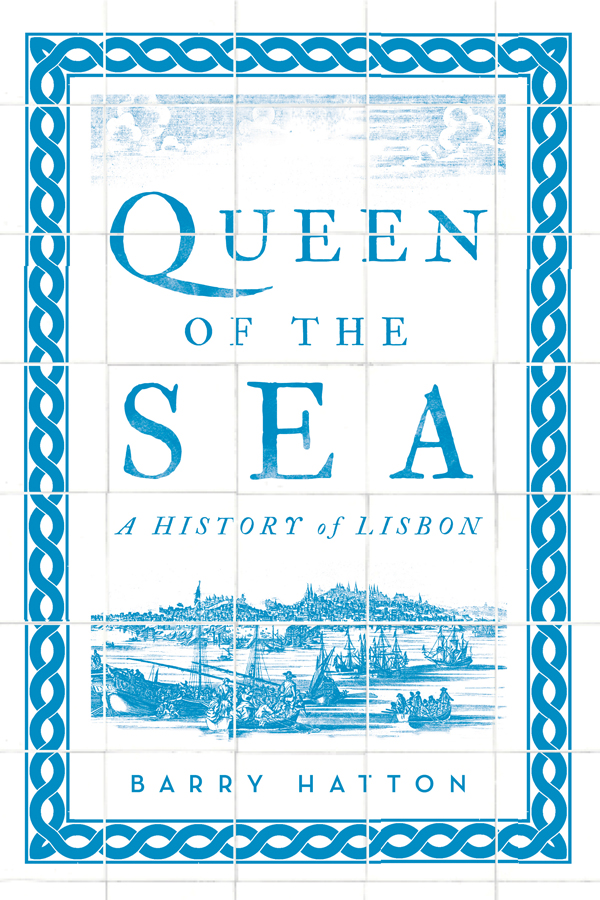A Short History of Modern Angola
For such a vast, wealthy and important African country, Angola is woefully served in English historiography: this book seeks to remedy that omission.
Description
This history by celebrated Africanist David Birmingham begins in 1820 with the Portuguese attempt to create a third, African, empire after the virtual loss of Asia and America. In the nineteenth century the most valuable resource extracted from Angola was agricultural labour, first as privately owned slaves and later as conscript workers. The colony was managed by a few marine officers, by several hundred white political convicts, and by a couple of thousand black Angolans who had adopted Portuguese language and culture. The hub was the harbour city of Luanda which grew in the twentieth century to be a dynamic metropolis of several million people. The export of labour was gradually replaced when an agrarian revolution enabled white Portuguese immigrants to drive black Angolan labourers to produce sugar-cane, cotton, maize and above all coffee.
During the twentieth century this wealth was supplemented by Congo copper, by gem-quality diamonds, and by off-shore oil. Although much of the countryside retained its dollar-a-day peasant economy, new wealth generated conflict which pitted white against black, north against south, coast against highland, American allies against Russian allies. The generation of warfare finally ended in 2002 when national reconstruction could begin on Portuguese colonial foundations.
Reviews
‘David Birmingham, one of the leading scholars of modern Angola has produced a superbly concise but focused and very readable history of Angola. It is succinct but detailed and discursive at the same time. For me, after decades of studying and observing events in Angola, it is a breath of fresh air as it [tells the country’s history] through snapshots of the lives of people and the development of trade — slaves, ivory, wild rubber, cocoa, coffee, cotton and latterly diamonds and oil. In telling the story of Angola, Birmingham brings it to life in a novel and effective way. It is not a dry, dusty account but a vibrant living one.’ — Keith Somerville, Senior Research Fellow at the Institute of Commonwealth Studies, University of London and author of Africa’s Long Road Since Independence: The Many Histories of a Continent
‘This is a fabulous book, an inspiring work of scholarship that reflects the author’s deep engagement with Angola for over half a century. With humour and literary skill, Birmingham condenses several hundred years of compelling history without skipping detail. By the end, you begin to understand why contemporary Angola is like it is.’ — Lara Pawson, author of In the Name of the People: Angola’s Forgotten Massacre
‘This is an exciting excursion through Angola’s past conducted by its most authoritative historian. Already in colonial times as rich as French West Africa and today perhaps the most dynamic economy in Africa, Angola is described through the writings of travellers and the experiences of its people, with no attempt to disguise the traumas inflicted on them by colonial rulers, dictators and warlords.’ — Malyn Newitt, Professor of History in the Department of Portuguese and Brazilian Studies, King’s College London
‘Angola is now a key player and power-broker across Africa, and so an understanding of the unique historical forces that have shaped it is more important than ever. There are few outsiders who know the country better than David Birmingham, and he has written a timely and incredibly readable book on this rising power. His great knowledge and insight shines through on every page with vignettes and description which tell the tortured story of Angola’s rise to nationhood.’ — Toby Green, Lecturer in Lusophone African History and Culture, King’s College London and editor of Guinea-Bissau: Micro-State to ‘Narco-State’
Author(s)
David Birmingham’s first book, on the Portuguese conquest of Angola, was published by Oxford University Press in 1965. Since then he has written a dozen other works, including the Cambridge History of Portugal, and edited the three-volume History of Central Africa, with Phyllis Martin. He taught in African universities and at SOAS before being appointed to the chair of modern history at the University of Kent.
